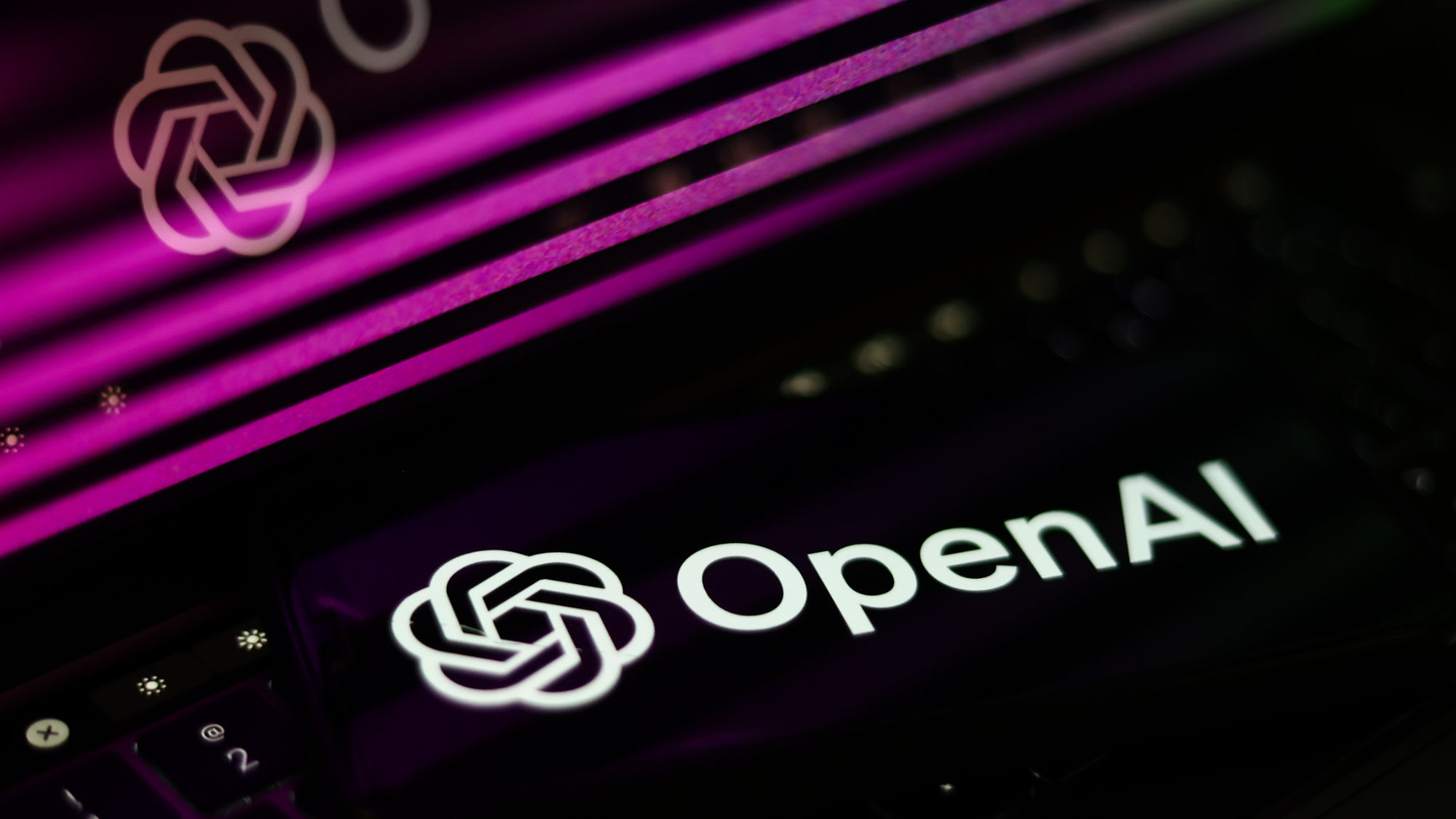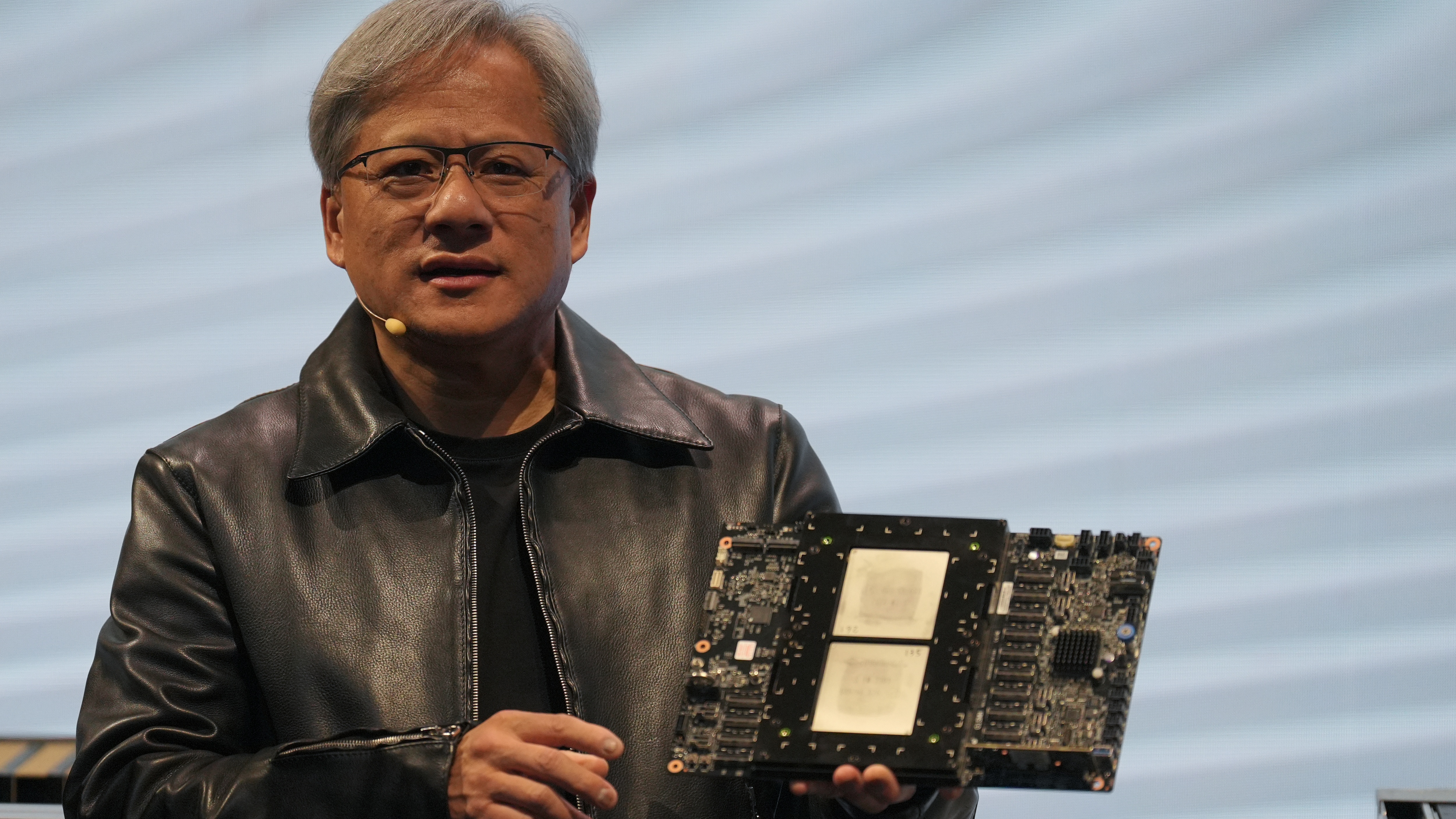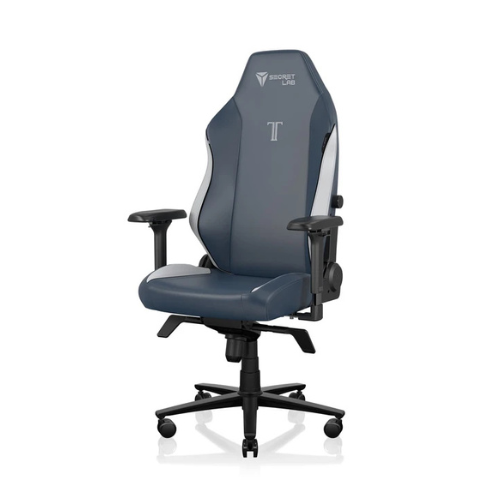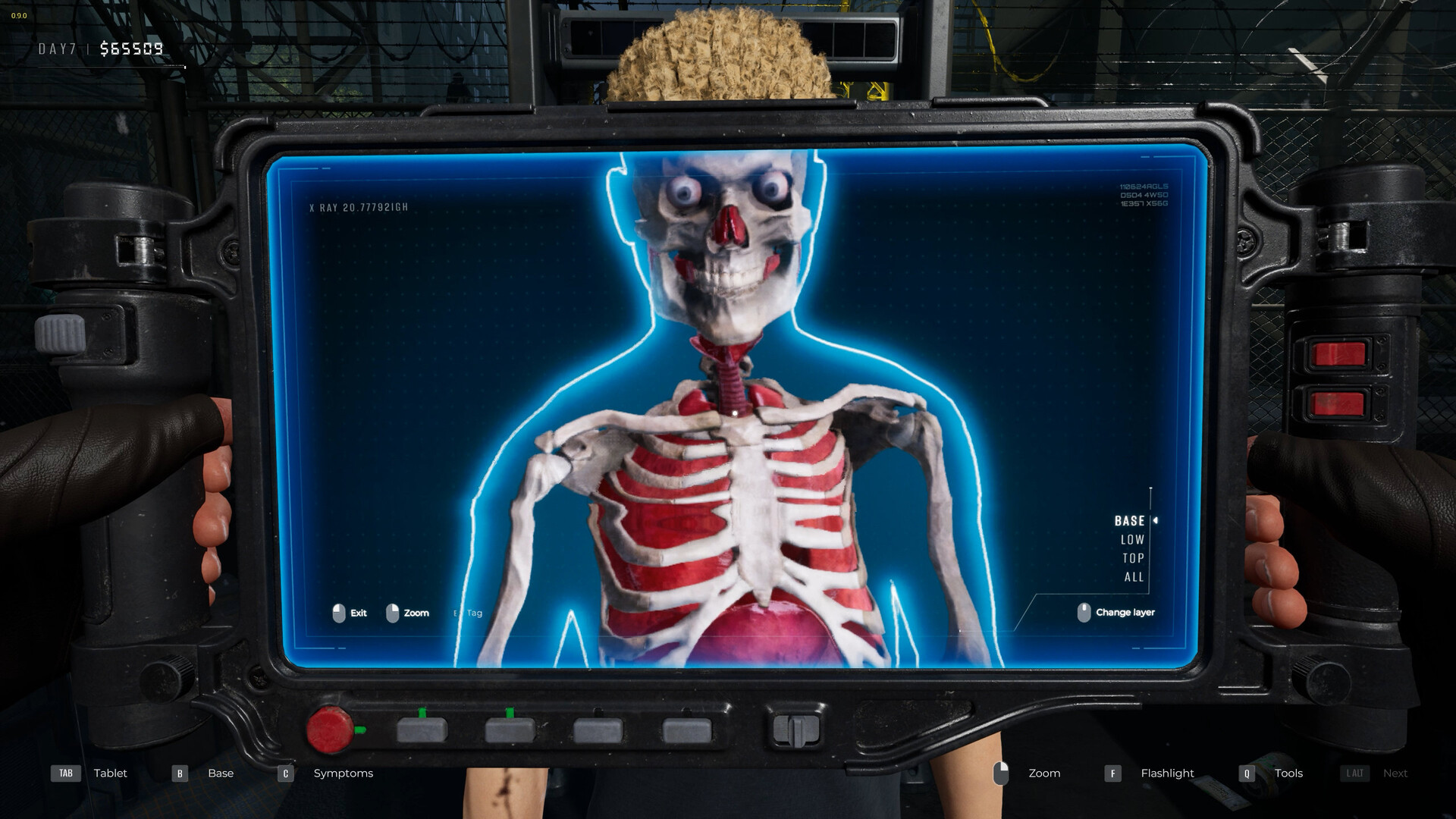OpenAI has teamed up with Broadcom to make its own AI processors, according to a report, possibly as part of a long-term plan to move away from Nvidia's GPUs
Broadcom recently announced a $10 billion deal with one unnamed customer. Hmmm.

Whether you love it, loathe it, or just have no real feelings on the matter, OpenAI's hungry-hippo-for-dollars ChatGPT isn't going to disappear any time soon. Neither will the need for it to be powered by Nvidia's mega-GPUs. However, that doesn't mean its creators aren't looking to cut costs somewhere, and one report claims a potential solution to this could be to use its own AI chips.
That's essentially what's being suggested in a report by The Financial Times (via Reuters), which claims that OpenAI has signed a deal with US semiconductor firm Broadcom to design and manufacture its own machine learning processors, for internal use next year.
This is backed up by a statement from Broadcom's CEO, Hock Tan, who said that the company had secured $10 billion in AI system orders from a 'new customer', which should result in significant revenue growth in 2026.
As things currently stand, OpenAI uses large-scale computer systems with Nvidia chips for AI model training and inference.
It's not the only company to do so, of course, which is why Nvidia's data centre division pulled in a total $115.2 billion last year—more than AMD and Intel's entire revenues combined. And it's not just a case that Team Green is shifting vast numbers of its megachips, as they're also very expensive.

Precisely how expensive isn't accurately known, but OpenAI, Meta, and Microsoft have all forked out billions of dollars for Hopper and Blackwell processors. Such expenditure isn't sustainable unless the end users of their AI systems can be leveraged into paying for it all in some way.
A logical alternative is to simply spend less money on AI chips in the first place. The thing is, similar processors from AMD or Intel are just as pricey, hence why the likes of Amazon and Google went down a route of using in-house components.
Keep up to date with the most important stories and the best deals, as picked by the PC Gamer team.
Both firms have the financial resources to do this directly, but OpenAI doesn't, which is why the claim that Broadcom is doing it all for them is almost certainly true—after all, it already has such products in its portfolio, such as the snappily-titled 3.5D XDSiP.
Even if this all comes to pass, OpenAI is still going to be reliant on Nvidia's GPU for a good while yet. That's because all of its current software stack is written with that hardware in mind, so it will take many moons to shift it across to Broadcom's platform and even more rotations of our solar system to get it working as smoothly as it currently does.
Nvidia stopped being a gaming-first company a long time ago, and until the AI bubble bursts or deflates somewhat, its insatiable appetite for dollars means that Team Green will continue to focus almost all its efforts on machine learning megachips.
OpenAI switching to Broadcom GPUs is certainly news, but it's absolutely not a glimmer of hope for wallet-beaten PC gamers hoping for a sliver of light at the end of the tunnel.

👉Check out our list of guides👈
1. Best gaming chair: Secretlab Titan Evo
2. Best gaming desk: Secretlab Magnus Pro XL
3. Best gaming headset: HyperX Cloud Alpha
4. Best gaming keyboard: Asus ROG Strix Scope II 96 Wireless
5. Best gaming mouse: Razer DeathAdder V3 HyperSpeed
6. Best PC controller: Xbox Wireless Controller
7. Best steering wheel: Logitech G Pro Racing Wheel
8. Best microphone: Shure MV6 USB Gaming Microphone
9. Best webcam: Elgato Facecam MK.2

Nick, gaming, and computers all first met in the early 1980s. After leaving university, he became a physics and IT teacher and started writing about tech in the late 1990s. That resulted in him working with MadOnion to write the help files for 3DMark and PCMark. After a short stint working at Beyond3D.com, Nick joined Futuremark (MadOnion rebranded) full-time, as editor-in-chief for its PC gaming section, YouGamers. After the site shutdown, he became an engineering and computing lecturer for many years, but missed the writing bug. Cue four years at TechSpot.com covering everything and anything to do with tech and PCs. He freely admits to being far too obsessed with GPUs and open-world grindy RPGs, but who isn't these days?
You must confirm your public display name before commenting
Please logout and then login again, you will then be prompted to enter your display name.

